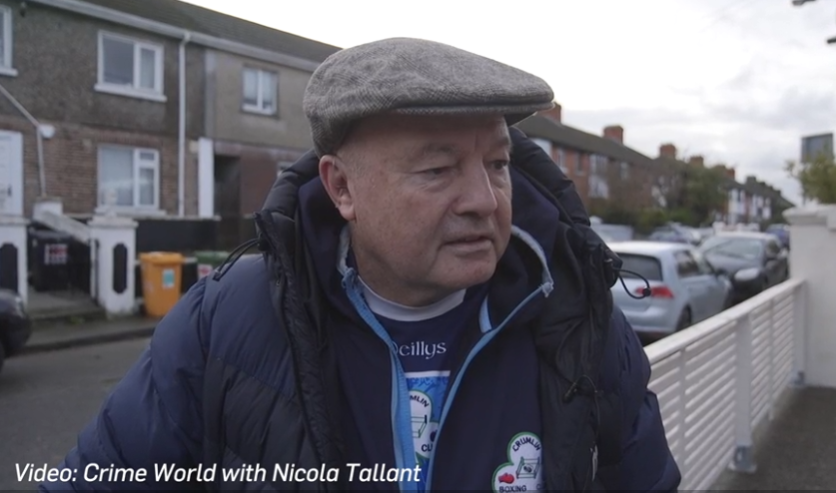Modern Ireland is grappling with the effects of immigration policies and the broader struggles of its working-class communities. Two independent election candidates, Gavin Pepper and Philip Sutcliffe, have sparked debate as they position themselves as the voices of those left behind. Accused by critics of being anti-immigration or aligned with far-right ideologies, both candidates vehemently reject these labels, claiming their stances are misunderstood.
The Growing Impact of Illegal Immigration
Both Pepper and Sutcliffe have focused their campaigns on the issue of illegal immigration. They argue that inadequate border policies are intensifying existing crises, including housing shortages, overburdened healthcare systems, and lack of resources for public services. While their critics accuse them of scapegoating immigrants, both candidates emphasize that their criticisms are directed at government mismanagement.
Pepper, who is running in Dublin North-West, asserts that illegal immigration contributes to the housing crisis, leaving ordinary citizens struggling to find affordable homes. Sutcliffe, running in Dublin South-Central, echoes this sentiment, stating that while immigration itself is not the problem, the lack of clear systems for legal migration creates unnecessary strain on public infrastructure.
Their messaging resonates with voters frustrated by the perceived prioritization of migrants over local needs. However, both candidates take care to stress that their concern lies with creating fair systems, not shutting out newcomers altogether.
Giving Voice to the Marginalized
Both candidates emphasize their connection to working-class communities that feel ignored by mainstream political parties. Gavin Pepper’s campaign is rooted in his experiences in Finglas, where he sees the effects of decades of neglect. “The working class has been left behind for years,” he says. His campaign highlights pressing issues, from the lack of teachers for children with special needs to elderly residents unable to heat their homes.
Pepper’s commitment extends beyond politics. A father of six, including a son with autism, he has a history of supporting community initiatives, such as organizing football teams for children from immigrant and low-income families. This personal investment lends credibility to his platform and challenges claims that he is anti-immigrant.
Controversy and the Media
Philip Sutcliffe, a former Olympic boxer, draws similar attention in Dublin South-Central, though not without controversy. Known for his straightforward remarks, he has faced backlash for linking immigration with crime and using outdated terminology. Sutcliffe defends his position by pointing to his diverse boxing club, which he says reflects his belief in inclusivity.
Both candidates share frustration with the media, which they believe misrepresents them. Social media has become their primary platform for reaching voters, bypassing traditional outlets that they claim ignore working-class voices.
Challenging the Status Quo
Pepper and Sutcliffe criticize established parties for failing to address systemic issues. Pepper, a former Sinn Féin supporter, accuses the party of abandoning its working-class roots. Similarly, Sutcliffe claims that years of political inaction have left communities like Crumlin and Drimnagh without meaningful representation.
Their campaigns focus on tangible issues: funding for local sports facilities, improving education, increasing social housing, and reducing energy costs. These bread-and-butter concerns appeal to voters who feel disconnected from broader ideological debates.
A Political Gamble
Despite their grassroots appeal, both candidates face significant challenges. Sutcliffe’s district, Dublin South-Central, is one of the most left-wing in the country, requiring him to build a broad coalition to win. Pepper, meanwhile, hopes to unseat a Sinn Féin incumbent, banking on his appeal to working-class voters disillusioned with traditional parties.
Whether or not they succeed, Pepper and Sutcliffe represent a shift in Irish politics. Their campaigns highlight the growing disconnect between working-class communities and the political establishment. By amplifying the voices of those who feel ignored, they are forcing a broader conversation about the future of Irish immigration policy and its impact on society.










